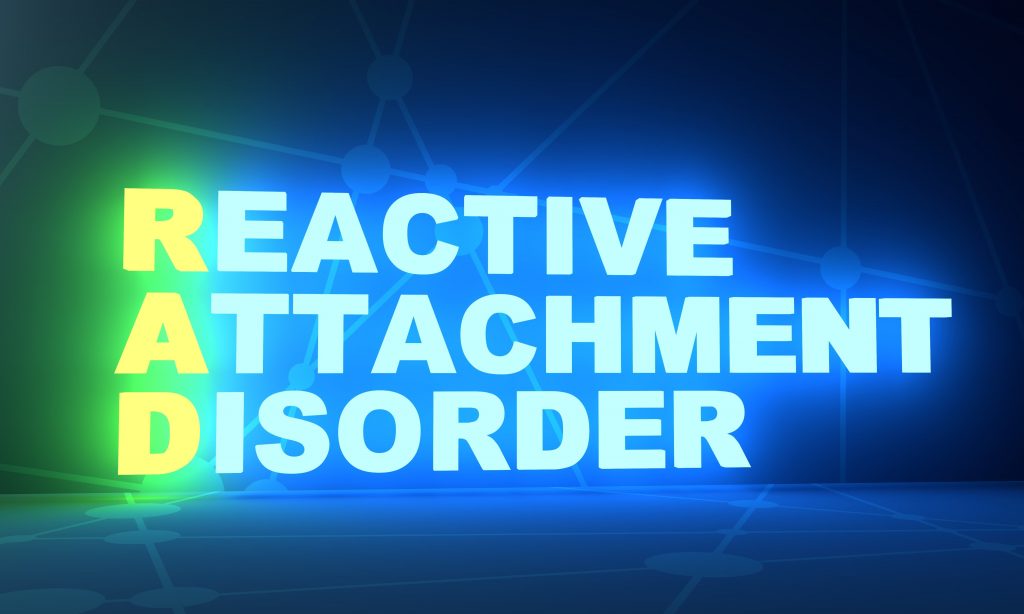 If you’ve ever taken an introductory psychology course in high school or college, or have read a bit on self-help and relationships, then you’ve probably heard of attachment styles.
Attachment styles are different ways of relating to others that have been fostered in childhood. For instance, if your parents were sometimes unavailable and neglectful, then it’s easy as an adult to have a dismissive-avoidant or anxious-preoccupied attachment style. In both the attachment styles, as adults, individuals struggle with experiencing healthy and fulfilling relationships or what is known as secure attachment.
This article will focus on an attachment style that has been classified by the Diagnostic and Statistical Manual of Mental Disorders (DSM) as a disorder: Reactive Attachment Disorder (RAD). This article will focus on how it affects troubled teens and specifically, troubled boys and young men.
If you’ve ever taken an introductory psychology course in high school or college, or have read a bit on self-help and relationships, then you’ve probably heard of attachment styles.
Attachment styles are different ways of relating to others that have been fostered in childhood. For instance, if your parents were sometimes unavailable and neglectful, then it’s easy as an adult to have a dismissive-avoidant or anxious-preoccupied attachment style. In both the attachment styles, as adults, individuals struggle with experiencing healthy and fulfilling relationships or what is known as secure attachment.
This article will focus on an attachment style that has been classified by the Diagnostic and Statistical Manual of Mental Disorders (DSM) as a disorder: Reactive Attachment Disorder (RAD). This article will focus on how it affects troubled teens and specifically, troubled boys and young men.
Reactive Attachment Disorder: It’s More Than Being a “Typical Teenager”
 If you’ve ever taken an introductory psychology course in high school or college, or have read a bit on self-help and relationships, then you’ve probably heard of attachment styles.
Attachment styles are different ways of relating to others that have been fostered in childhood. For instance, if your parents were sometimes unavailable and neglectful, then it’s easy as an adult to have a dismissive-avoidant or anxious-preoccupied attachment style. In both the attachment styles, as adults, individuals struggle with experiencing healthy and fulfilling relationships or what is known as secure attachment.
This article will focus on an attachment style that has been classified by the Diagnostic and Statistical Manual of Mental Disorders (DSM) as a disorder: Reactive Attachment Disorder (RAD). This article will focus on how it affects troubled teens and specifically, troubled boys and young men.
If you’ve ever taken an introductory psychology course in high school or college, or have read a bit on self-help and relationships, then you’ve probably heard of attachment styles.
Attachment styles are different ways of relating to others that have been fostered in childhood. For instance, if your parents were sometimes unavailable and neglectful, then it’s easy as an adult to have a dismissive-avoidant or anxious-preoccupied attachment style. In both the attachment styles, as adults, individuals struggle with experiencing healthy and fulfilling relationships or what is known as secure attachment.
This article will focus on an attachment style that has been classified by the Diagnostic and Statistical Manual of Mental Disorders (DSM) as a disorder: Reactive Attachment Disorder (RAD). This article will focus on how it affects troubled teens and specifically, troubled boys and young men.


Leave a Reply